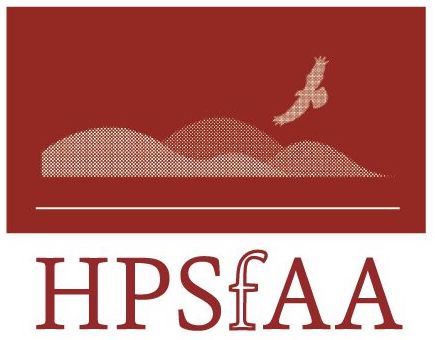  
 
The High Plains Society for Applied Anthropology |
|
KRÉYÒL-KYÒLÒLÒ: Grounds for Indigenous Knowledge in Writing Creole Dictionaries
Ellen M. Schnepel
In regions where French-lexically based creoles are spoken, language strategists have singled out creole language promotion and development as a critical arena for the affirmation of cultural identity. Within local movements to legitimize kréyòl, native linguists and cultural militants have focused on the transition from orality to literacy through the creation of a writing system for kréyòl and the production of dictionaries. As a dictionary both reflects and creates an image of a language, and therefore offers a representation of its speakers, the very choice of an orthography, the selection of words to be included (or excluded) in the work, the methodology and the vision of the lexicographic project all take on significance. In privileging the written word by which kréyòl becomes both the container and conduit of indigenous knowledge and primary symbol of resistance to French assimilationist pressures, a number of questions emerge. What words are "authentically" Creole? How is the boundary between Creole and French to be defined? Within a multitude of voices, which ones will guide the work, and whose speech is to be considered authoritative or credible? What roles do ideology and science play in the search for identity and autonomy—linguistic, cultural and ethnic—and how is a balance between tradition and modernity to be achieved without compromising the endeavor? This paper will examine some of these issues and problems in the context of Creole language planning and development, using the case of Guadeloupe as a point of reference.
High Plains Applied Anthropologist No. 1, Vol. 18, Spring, 1998 pp 8 – 15<Get PDF>
Back To List of Previous Issues